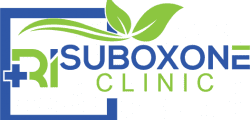Suboxone Buprenorphine Rhode Island
Welcome to the Rhode Island Suboxone Clinic
The RI Suboxone Clinic provides life-changing addiction treatment services for those suffering from substance abuse in Rhode Island. Our suboxone clinic offers a comprehensive and individualized approach to addiction care that is designed to help our patients get off and stay off drugs for good.
We offer Suboxone treatment for those suffering from opioid addiction. Suboxone is a medication that helps to reduce withdrawal symptoms and cravings associated with addiction to drugs such as Heroin, OxyContin, Percocet, Fentanyl, and Vicodin.
At the RI Suboxone Clinic, we understand that addiction is a complex disease, and we offer a wide range of services to address every aspect of our patient’s recovery. Our experienced and compassionate staff provides comprehensive care that includes detoxification, medication-assisted treatment, individual counseling, group therapy, and more.
We accept Medicaid, Medicare, and most insurances while committed to providing the highest quality of care possible.
We provide suboxone treatment, also known as buprenorphine treatment, to individuals throughout Rhode Island, including, but not limited to, Providence, Cranston, Warwick, East Providence, East Greenwich, Woonsocket, North Kingstown, Pawtucket, and Tiverton. However, getting access to medication and a reputable Suboxone doctor can be difficult, so we offer telemedicine/telehealth options for clients.
Our RI suboxone clinic offers confidential consultations to help you determine if Suboxone treatment is right for you. If you or someone you love is struggling with addiction, please call us today to learn more about how we can help.
Contact us today to schedule a consultation and start your path to successful recovery.
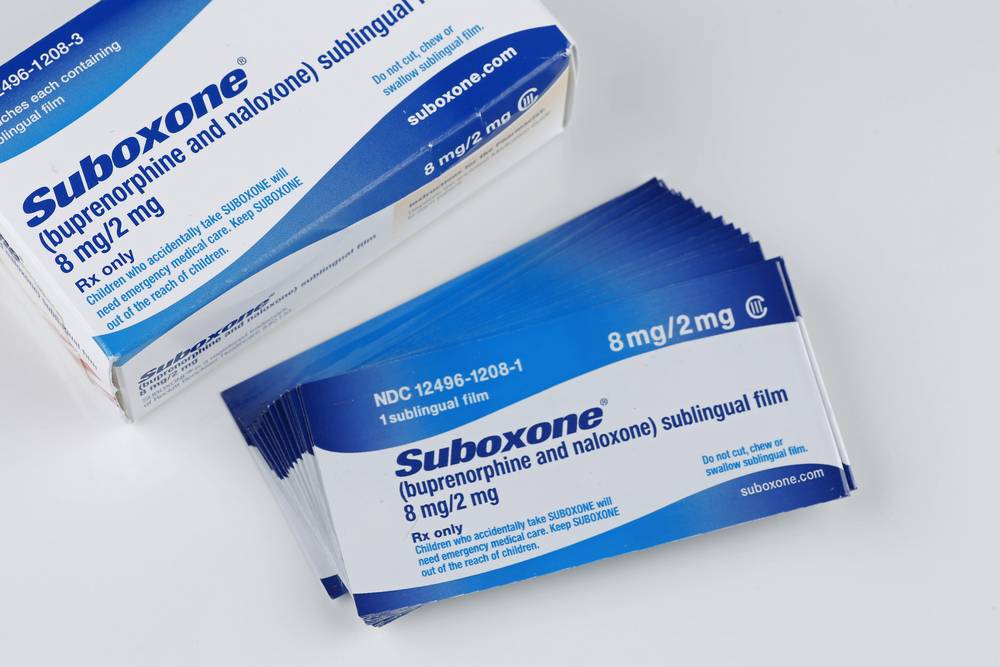
What is Suboxone?
Suboxone is a prescription medication used to treat opioid addiction. It contains two ingredients: buprenorphine and naloxone. Buprenorphine is a partial agonist, which means that it binds to the same receptors in the brain as opioids such as heroin and oxycodone. Naloxone is an antagonist which blocks the effects of opioids.
Suboxone is part of a comprehensive treatment plan that includes counseling and behavioral therapy. It is not a cure for addiction, but it can help you to stop using opioids and avoid withdrawal symptoms.
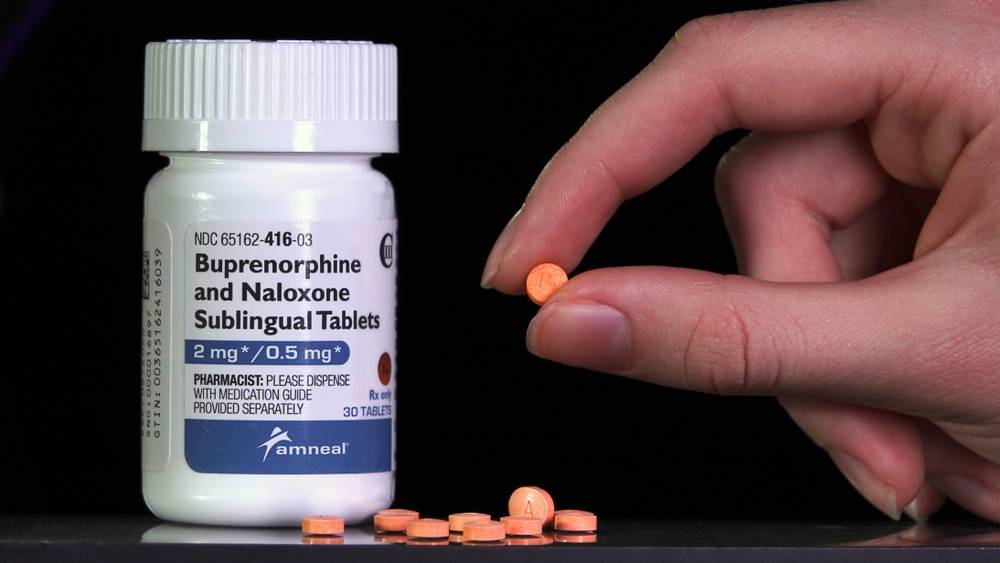
What are the Main Advantages of Suboxone?
Suboxone is a unique and powerful medication. Suboxone is so effective because it satisfies two critical needs for people suffering from addiction:
- It helps to reduce withdrawal symptoms and cravings, making it easier for people to abstain from using drugs.
- It blocks the effects of other opioids, so even if a person does relapse, they will not get the same high that they would from other drugs.
RI Suboxone Clinic offers a variety of services to help those struggling with addiction, including:
Medication-Assisted Treatment
Suboxone Treatment
Vivitrol Injections
Individual Counseling
Group Counseling
Family Counseling
Case Management
Mental Health Treatment

Why Choose RI Suboxone Clinic?
- We are a certified Rhode Island Suboxone provider.
- We offer various services to help you on your journey to recovery. Our teams’ vast knowledge and experience have helped countless people struggling with addiction.
- We offer a confidential and comfortable setting.
- We have a highly trained and experienced treatment team
- We offer convenient hours and locations in both Rhode Island and Massachusetts
- We have telemedicine appointments available
- We accept most insurances, including Medicare/Medicaid.
- We offer a sliding scale fee for those who are self-pay. If you do not have insurance and qualify for government programs such as Medicaid, we will assist you with the application process.
- We offer personalized recovery plans, treatment strategies, and behavioral health treatment.
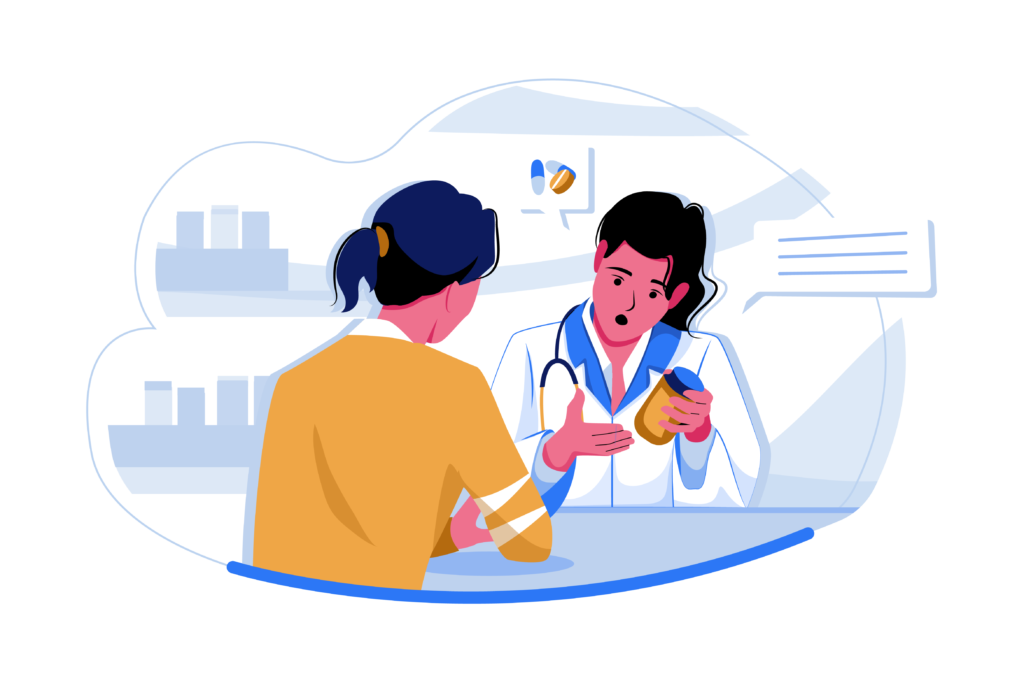
What is MAT (Medication Assisted Treatment)
Medication Assisted Treatment (MAT), sometimes referred to as medication-assisted recovery, is a multi-prong approach to treating addiction that uses a combination of medication and behavioral therapy. This type of treatment has been proven to be effective in treating addiction and helping people maintain sobriety.
MAT involves medication to help reduce withdrawal symptoms and cravings associated with addiction. The medication used in MAT is typically Buprenorphine, the main component of Suboxone. Suboxone is a combination of two drugs: buprenorphine and naloxone. Buprenorphine is an opioid partial agonist, which means that it binds to the same receptors in the brain that other opioids do, but it produces a weaker effect than other opioids.
Naloxone is an opioid antagonist, which means that it blocks the effects of opioids. You may be more familiar with Naloxone by its brand name, Narcan. Naloxone is used as a deterrent for Suboxone abuse. The presence of Naloxone in Suboxone means the user can’t inject Suboxone to achieve a high because the Naloxone will cause the user to enter withdrawal immediately.
Medication is an essential component of addiction recovery because often, medications will eliminate cravings that cause an inability to think clearly or focus on anything other than obtaining and using drugs. This allows individuals in treatment to focus on their recovery and therapy without the constant worry of where their next dose is coming from. In addition, with your newfound clarity, you can focus on the other parts of life you enjoy, such as time with your family, a new job or hobby, or anything else that brings you happiness.
In addition, MAT also involves behavioral therapy. This will typically take the form of individual and group counseling sessions. Behavioral therapy aims to help you understand the thoughts and behaviors contributing to your addiction and develop coping skills to deal with triggers and cravings. Behavioral therapy can also help address other mental health issues such as poor self-esteem, depression, and anxiety, which are often co-occurring disorders with addiction. You’ll be able to make long-term changes through counseling, such as committing yourself fully to recovery by working on skills like self-care while also receiving support from others who have suffered from addiction and overcame the challenge – just like you hope!
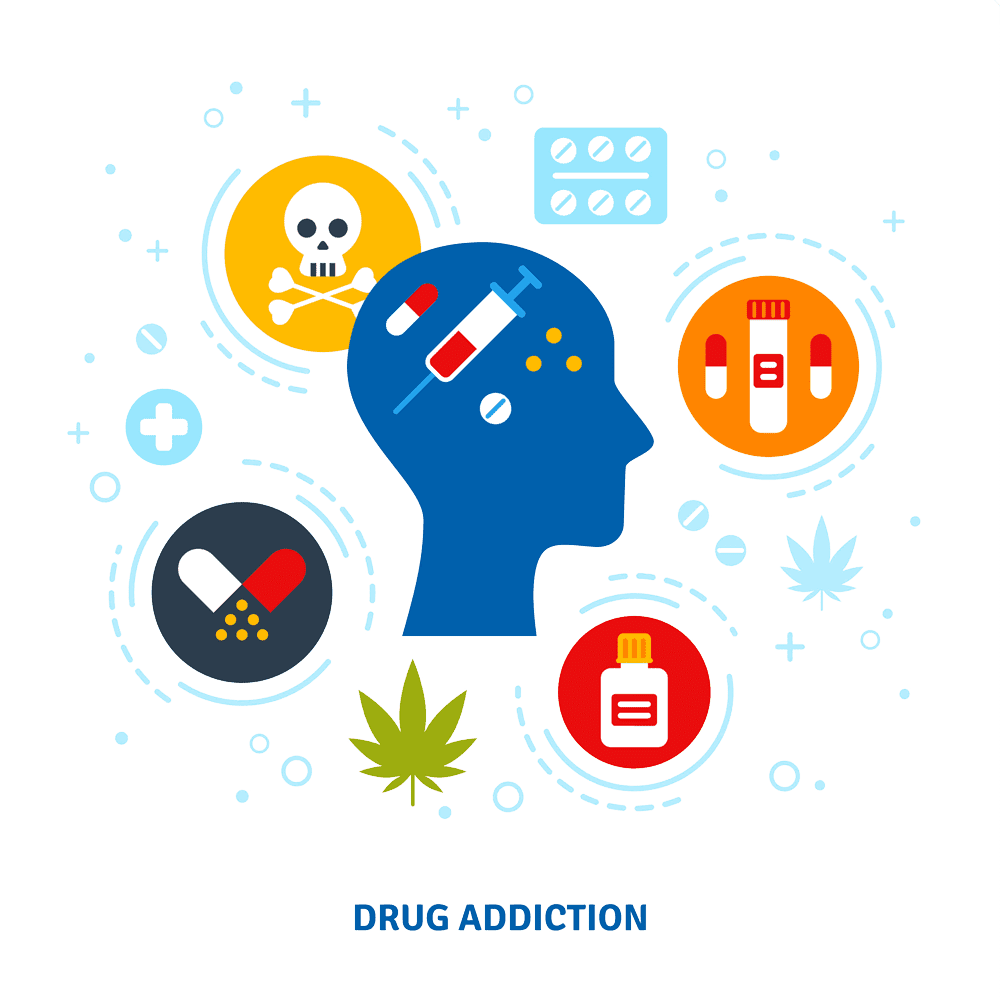
Substance Use Disorder (SUD) is a Disease
Substance use disorder is a chronic disease that affects the brain and body. It is characterized by compulsive drug seeking and use, despite the harmful consequences.
People with SUDs intensely focus on using drugs, even when aware of the damage it causes. They may continue to use drugs even when it causes problems at work, school, or home. When they try to quit, they often experience withdrawal symptoms such as anxiety, irritability, sweating, shaking, and difficulty sleeping. This is particularly true for those addicted to opioids.
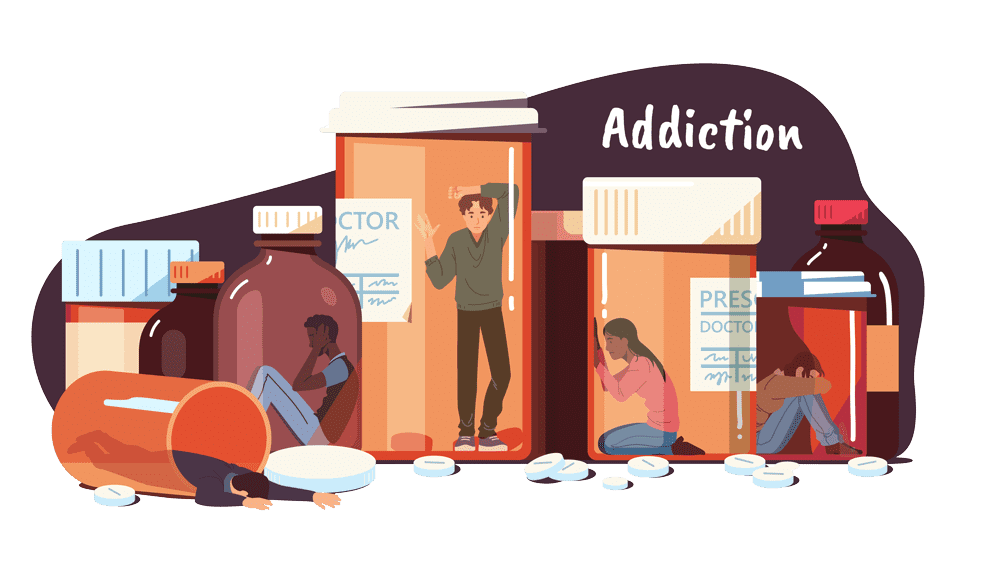
What is Opioid Use Disorder (OUD)?
Opioid Use Disorder (OUD) is a medical condition characterized by an intense craving for opioids, difficulty controlling opioid use, and continued use despite negative consequences. Opioids are a class of drugs that include heroin, fentanyl, and prescription painkillers such as oxycodone, hydrocodone, and codeine. These medications are often prescribed to help treat pain but can also be misused. Opioids work by binding to receptors in the brain, which reduces pain and produces a feeling of pleasure.
One issue with Opioids is the user can begin to build a tolerance quickly. This means they need to use more of the drug to get the same effect. This leads to dependence on opioids, and the user will begin to experience withdrawal symptoms if they stop using the drug. Withdrawal symptoms can be extremely uncomfortable and can lead to relapse. While tolerance and dependence on opioid use can be monitored and managed by a physician, many people become addicted to opioids when they begin taking medication other than how it is prescribed or without the care of a provider. Several factors that can contribute to a person’s addiction are their genes, personality, and other contributing factors from one’s environment. Just like with any illness, there is no shame in seeking help and treatment for Opioid Use Disorder, a chronic disease.
While there is no miracle cure, your illness can be controlled with help from an established suboxone doctor. Our opioid addiction treatment strategies have a proven track record of success. Seeking professional help from a reputable Suboxone Clinic that provides quality substance abuse treatment is the best way to overcome addiction and get on the path to recovery.
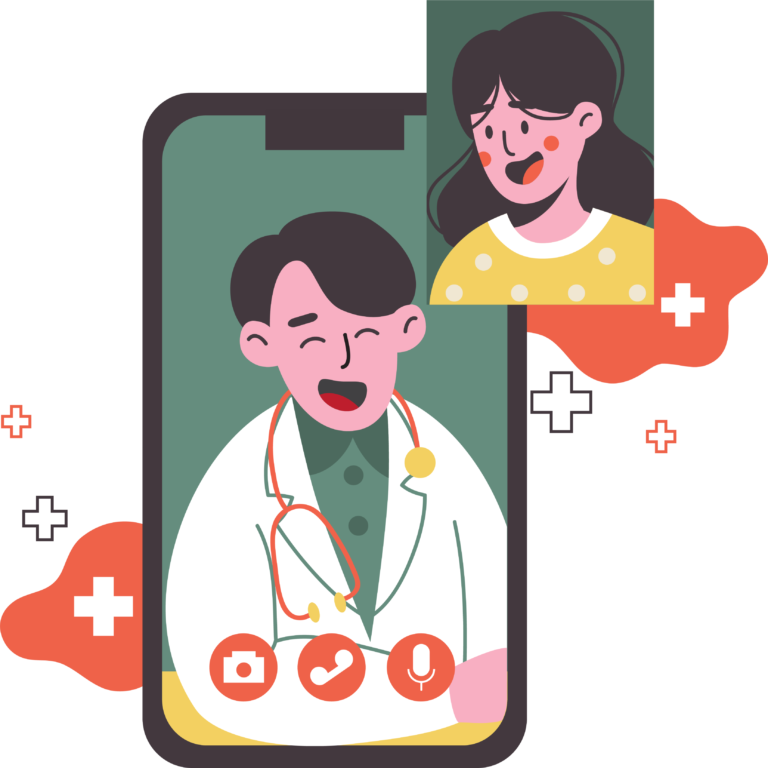
Contact Us Today
If you or someone you know is struggling with addiction, please call us at (401) – 228 – 2793 to learn more about our Suboxone treatment program.
We can provide the care and support you need to recover from this addiction before it’s too late. The RI Suboxone Clinic is staffed with qualified and experienced suboxone doctors who can provide the best possible care for your unique situation.
We are proud to be one of the leading Suboxone clinics in Rhode Island. Our team of experienced and compassionate Suboxone doctors has helped countless patients recover from opioid addiction, and we can help you. Our goal is not only to get you started on your journey to recovery but to help you sustain long-term recovery.
Thank you for considering RI Suboxone Clinic as your partner in recovery!
